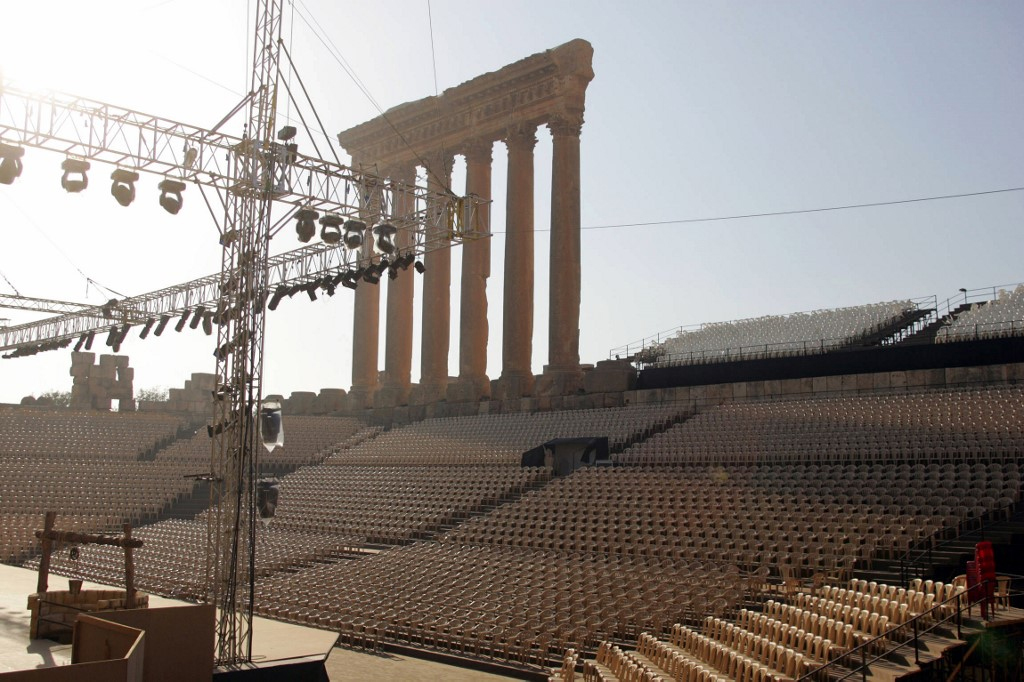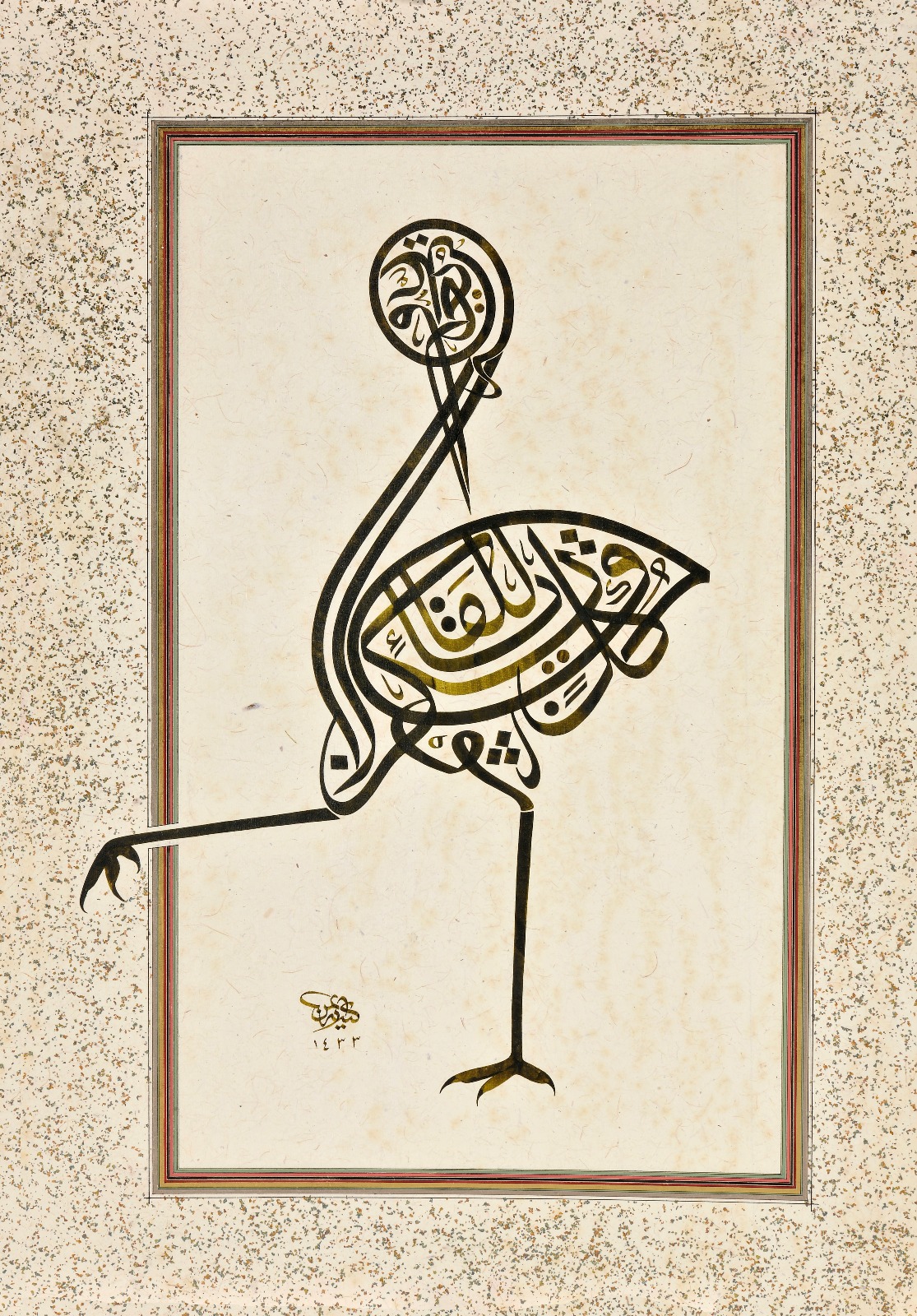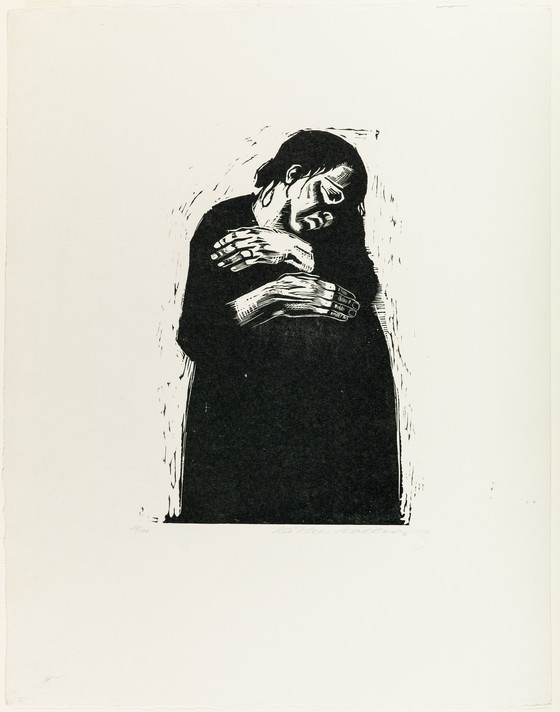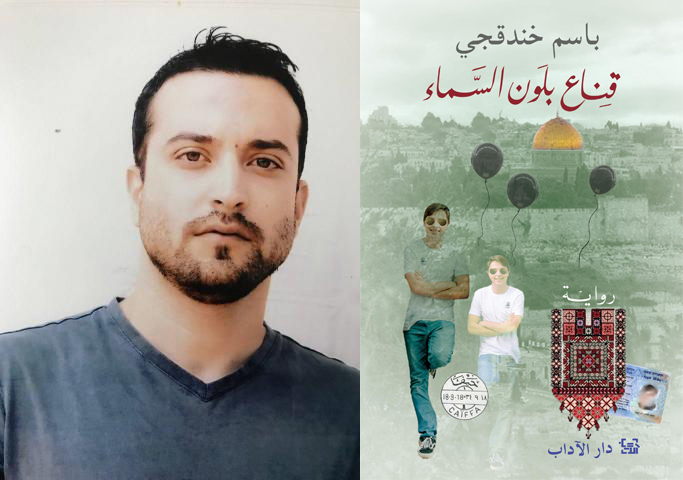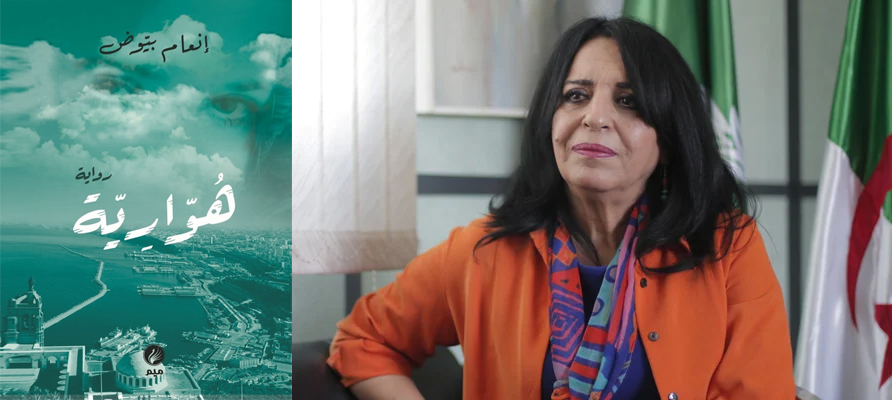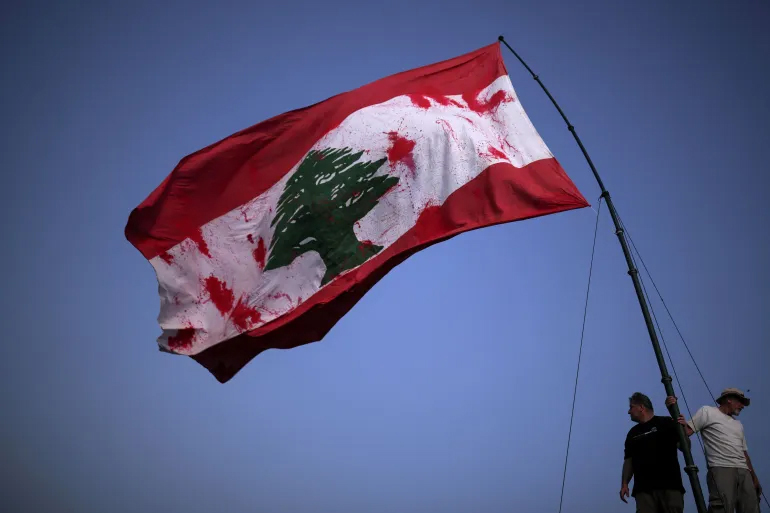Essays and Features
‘Is There an Arab Culture?’
Long History of Pluralism, Decentralization, Pragmatism Underpins ‘Arab Culture’ Debate
Rarely do we read a cultural or even general-interest publication without encountering discussions questioning whether an Arab culture exists, and if it exists, whether it is in decline. I found no exception when recently perusing Al Jazeera’s online cultural section. We do not need to look far into the article, as its title speaks for itself: “Is There an Arab Culture?” The article is by Dr.
Is Fascination with Al Andalus' ‘Golden Period’ Escapism or a Solution to the Tumultuous Turmoils of Modern Arab Society?
Dreadful Days in Lebanon: The Invisible and Visible Scars of War
Discussing and analyzing the catastrophic disaster that hit Lebanon is difficult. I am connected to the subject on two levels: intellectually and emotionally. Hamas' "Operation Al-Aqsa Flood" and Hezbollah's "Operation of Solidarity" have been viewed as irresponsible, and their military consequences questionable, with the conflict leaving unprecedented emotional scars on many Lebanese.
Literary Awards Determined by Craftsmanship or Politics?
Imprisoned Palestinian Author Basim Khandaqji’s Win Reignites Old Questions About Booker Prize Standards
It would be remiss to overlook the significance that this year’s chosen winner for the International Prize for Arabic Fiction (Booker), one of the Arab world’s most prestigious literary awards, was written by an imprisoned Palestinian writer. When the prize committee announced the victory of Basim Khandaqji’s “A Mask, the Color of the Sky” (Dar al-Adab, 2023) in April, six months after Israel’s attacks on Gaza began, media outlets were quick to recognize Khandaqji’s daunting feat of publishing from jail.
An Algerian Intellectual on Once-‘Arab Leftist Radicals’!
The Modern Arab Intellectual Forsakes Ideological Integrity, Following the Footsteps of Previous Enemies Who Accuse Him of Takfir and Treason
Trapped in the Cage of the Past, Algeria Must Navigate the Line Between Memory and Moving Forward as Paris Olympics Stirs French-Algerian Wounds
Algeria has much to celebrate with the end of the 2024 Olympic Games in Paris, taking the podium in gymnastics, boxing, and athletics. Yet while the country celebrates the victories, its athletes share the spotlight with headlines focusing on the country’s history with France.
Novel 'Houaria' Forces Algerian Critics into a Literary-Ideological Battle Armed with Morality and Ethics
A familiar debate has critics and writers up in arms in the Arab world once again: What place does ‘taboo’ have in art? Ethics, morality, and the sensibilities of the contemporary age are yet more factors that play into creative production these days.
Lebanon’s Civilian ‘Veterans’ Cope Differently Than Younger Generations in the Current Conflict!
How ‘Good Old Days’ Nostalgia Enables Neglect and Complacency in Lebanon’s Elite Throughout Countless Crises
When Lebanon is in crisis, and even when it is not, laypeople and some experts rush to use popularized and romanticized explanations suggesting that the country is experiencing something unprecedented. They reminisce and claim Lebanon had a much better time in the “good old days.” If the crises are financial and economic, they proclaim that Lebanon enjoyed economic growth, stability, high employment, and increased incomes in the pre-crisis days.

